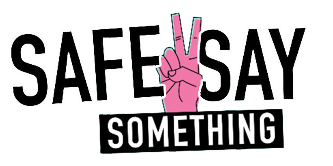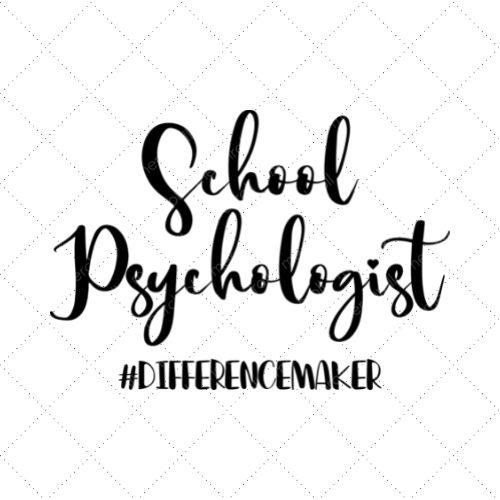Who are School Psychologists?
According to the National Association of School Psychologists, school psychologists are uniquely qualified members of school teams that support students' ability to learn and teachers' ability to teach. They apply expertise in mental health, learning, and behavior, to help children and youth succeed academically, socially, behaviorally, and emotionally. School psychologists partner with families, teachers, school administrators, and other professionals to create safe, healthy, and supportive learning environments that strengthen connections between home, school, and the community.
Screening and Evaluations
Universal Screenings:
The Shippensburg Area School District uses certain procedures for locating, identifying, and evaluating the specific needs of school-aged students requiring special programs or services. Routine screenings of a child’s hearing are done in kindergarten and grades 1, 2, 3, 7 and 11. Vision is screened in every grade level. Also, scoliosis screening is conducted in grades 6, 7 and 8.
All students K-5 are screened three times a year using Acadience Math and Reading Assessments in order to assess student's levels. Students also complete the iReady benchmark assessments three times a year as well. Students in grades 6-12 will complete IXL benchmarks three times a year.
Students will be screened for speech-language, gross motor, and fine motor skills on a referral basis from staff or parents. Specifics from these screenings are noted in the child’s file, as appropriate. These records are always open to parents and educators on a “need to know” basis. Other persons and agencies must secure written permission from parents to gain access, and any communication must be in English or the native language of the child or parent.
When a child experiences difficulty in the classroom, screening information and data will be gathered by a Multi-Tiered System of Supports (MTSS) or Child Study Team (CST) located within the child’s school to determine his or her specific needs or to document the need for further evaluation. If it is agreed upon that a child may need additional services, the MTSS or CST will make adjustments relative to keeping the child within regular classroom expectations. If progress is not made with this team involvement, parents may be asked to give written permission for a Special Education Evaluation that may include individual professional evaluations, input from the parents, reports provided by professionals through the parent and information from the student’s educational records. When all evaluations are completed, a Multi-Disciplinary Team will be convened to discuss the information collected and make the determination if the child is eligible and in need of Specially Designed Instruction. If the child is eligible, an Individual Education Program (IEP) will be developed. Parents are then presented with a Notice of Recommended Educational Placement (NOREP) with which they may or may not agree. If parents or district are at odds over programming recommendations, the issue may be taken to mediation, a prehearing conference, or a due process proceeding.
Parents who believe their child is in need of special education services may request that an Evaluation be conducted. Parents believing that their child may be in need of Gifted Support instruction may likewise request a gifted screening be completed. Either request shall be in writing, addressed to the building principal, and should explain why the parents believe that an Evaluation or screening is necessary.
Federal and State Regulations
IDEA
The Individuals with Disabilities Education Act (IDEA) is a federal law that requires schools to serve the educational needs of eligible students with disabilities.
Chapter 14
Chapter 14 refers to the special education regulations set by the State Board of Education, established by the General Assembly, for the State of Pennsylvania. The regulations are found under the 22 PA Code Chapter 14 for School Districts.
PA Code Chapter 14 Regulations
Chapter 14 and IDEA - side by side comparison
PA Specific Learning Disability Guidelines
Chapter 15
Chapter 15 of the Pennsylvania Code describes the school's responsibility in implementing programs and accommodations so that individuals with disabilities have an equal chance for success.
Protecting Students with Disabilities
Chapter 16
Chapter 16, adopted in 2000, created a more complete definition of gifted education under Pennsylvania Code. This section defines giftedness, assessments, and the schools responsibility to offer curriculum and instruction to best meet the needs of the individual.
Understanding and Challenging the Gifted


